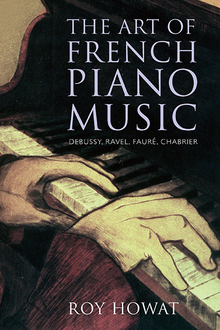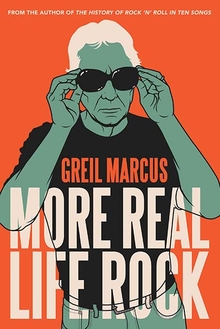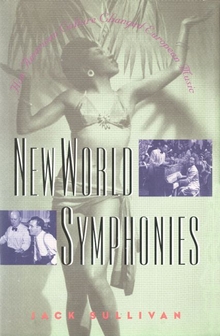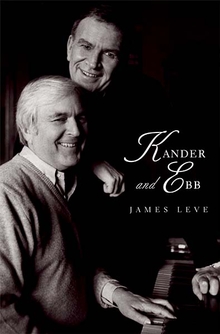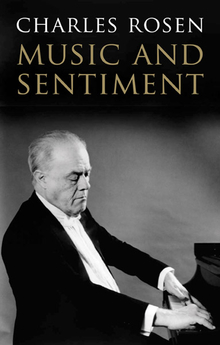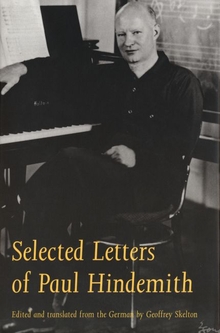A Century of Recorded Music
WARNING
You are viewing an older version of the Yalebooks website. Please visit out new website with more updated information and a better user experience: https://www.yalebooks.com
Listening to Musical History
Timothy Day
A century of recording has fundamentally changed our experience of music—the way we listen to it and the way it is performed. This highly engaging book is the first thorough exploration of the impact of recording technology upon the art of music. Timothy Day chronicles the developments in recording technology since its inception and describes the powerful effects it has had on artistic performance, audience participation, and listening habits. He compares the characteristics of musical life one hundred years ago—before the phonograph—to those of today and offers a fascinating analysis of how performing practices, images of performers, the work of composers, and performance choices in concert halls and opera houses have changed.
The book investigates the work of such great recording engineer-impresarios as Fred Gaisberg and Walter Legge; the recording history of conductors, orchestras, and soloists throughout the century; and the development of the great classical recording labels. Day also addresses a variety of questions raised by the study of recordings: What have people expected of a recorded performance? Do recordings constitute an art form in their own right? What is historical authenticity? What is moral authenticity? Are recordings that endow incompetent artists with flawless techniques somehow fraudulent? Why do artists re-record repertoire? This book will inform and engage a wide range of readers, from those who love music and recordings to performers and scholars and all readers with an interest in the social and artistic history of the twentieth century.
The book investigates the work of such great recording engineer-impresarios as Fred Gaisberg and Walter Legge; the recording history of conductors, orchestras, and soloists throughout the century; and the development of the great classical recording labels. Day also addresses a variety of questions raised by the study of recordings: What have people expected of a recorded performance? Do recordings constitute an art form in their own right? What is historical authenticity? What is moral authenticity? Are recordings that endow incompetent artists with flawless techniques somehow fraudulent? Why do artists re-record repertoire? This book will inform and engage a wide range of readers, from those who love music and recordings to performers and scholars and all readers with an interest in the social and artistic history of the twentieth century.
Timothy Day is curator of Western art music at the Sound Archive of the British Library, London, one of the largest collections of recorded sound in the world.
“For anyone with a classical CD collection, this is utterly fascinating stuff. . . . It’s a considered, thoroughly researched and absorbing history . . . a book you can read and re-read—and it will send you back to your CDs with new insights and new ears. Thoroughly recommended.”—Artsworld
“The book raises no barriers, for musical notation is absent and musical jargon minimal in it. The fascination it possesses for classical music lovers is enormous. . . . Day is clear and precise throughout, and he has written what may come to be regarded as a music library cornerstone.”—Booklist
“A valuable book . . . and an important aid to broadening our understanding of classical music over the past 100 years.”—Malcolm Walker, Gramophone
“Essential reading. . . . In this work, institutions such as the British Library will have a major part to play in collecting and making accessible the vast array of recordings that continue to accumulate, and in stimulating understanding of these extraordinarily powerful phenomena. A Century of Recorded Music sets a sterling example of such scholarship: it is undoubtedly a major landmark.”—David Patmore, International Record Review
“Day . . . is unquestionably an authority on recorded music, and he writes with an anecdotal ease that is engaging and unpretentious. . . . A wealth of information about the history of the recording industry and attitudes of performers and listeners about this very 20th-century phenomenon.”—Library Journal
“A minor classic, thought-provoking and informative on almost every page.”—London Sunday Telegraph
“If scholars take up Day’s call to adopt ‘new views of musical history’, this book will prove much more than the introductory text that he modestly terms it. A Century of Recorded Music offers a promising score, but one that will require interpreters and players to realize its fullest potential.”—Technology & Culture
“This is the first book I’ve read that is concerned with a museum of recorded music. . . . [This] informative book calls attention to the myriad ways in which the experience of music in the 20th century was shaped by the record industry. . . . Timothy Day is a most persuasive advocate for the preservation of recordings as a resource for a broader understanding of European musical culture.”—Svetlana Alpers, The Key Reporter
“[An] excellent narrative history. . . . [Day] shows how recordings both created and supplied a new market for classical music, how technology deepened the market, and how recordings now affect musicians and listeners alike.”—James Penrose, Wall Street Journal
“[A] fascinating history.”—American Record Guide
Finalist for the 2001 Association for Recorded Sound Collections Award in the category of Best Research in Recorded Classical Music
Selected as an Outstanding Academic Title for 2001 by Choice Magazine
ISBN: 9780300094015
Publication Date: May 11, 2002
Publication Date: May 11, 2002
336 pages, 6 x 9
16 b/w illus.
16 b/w illus.


